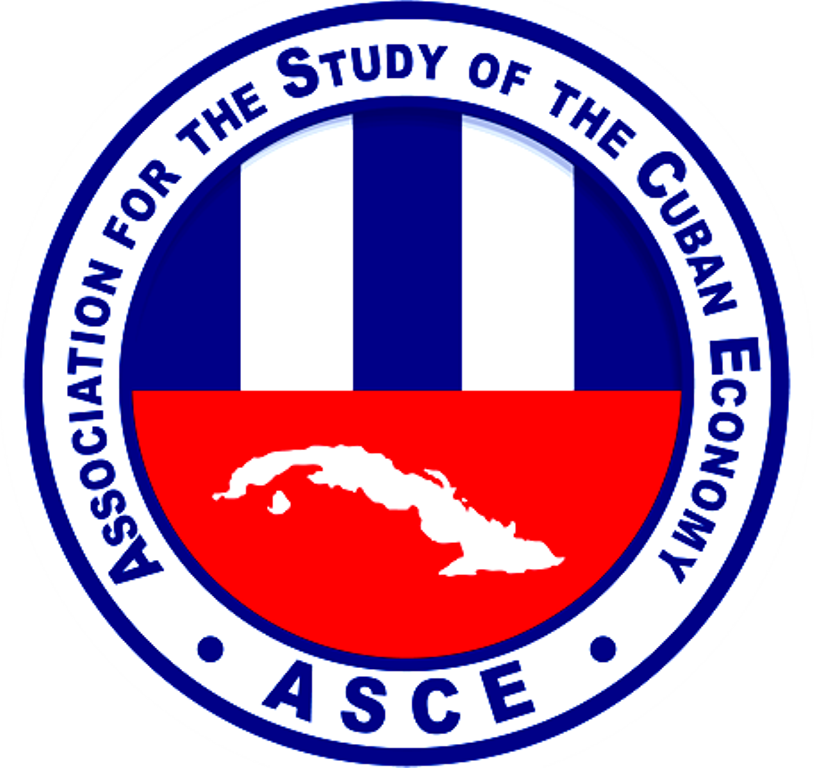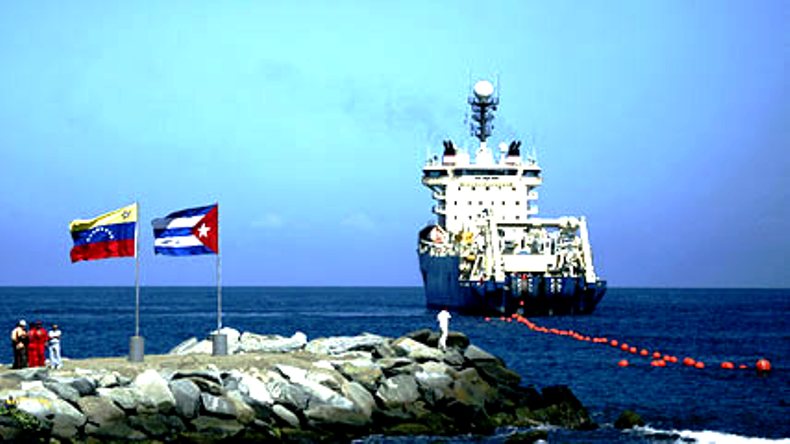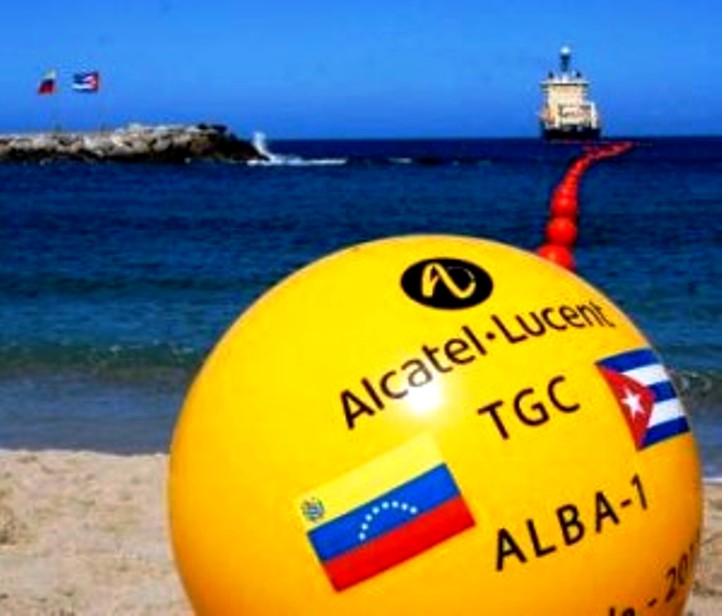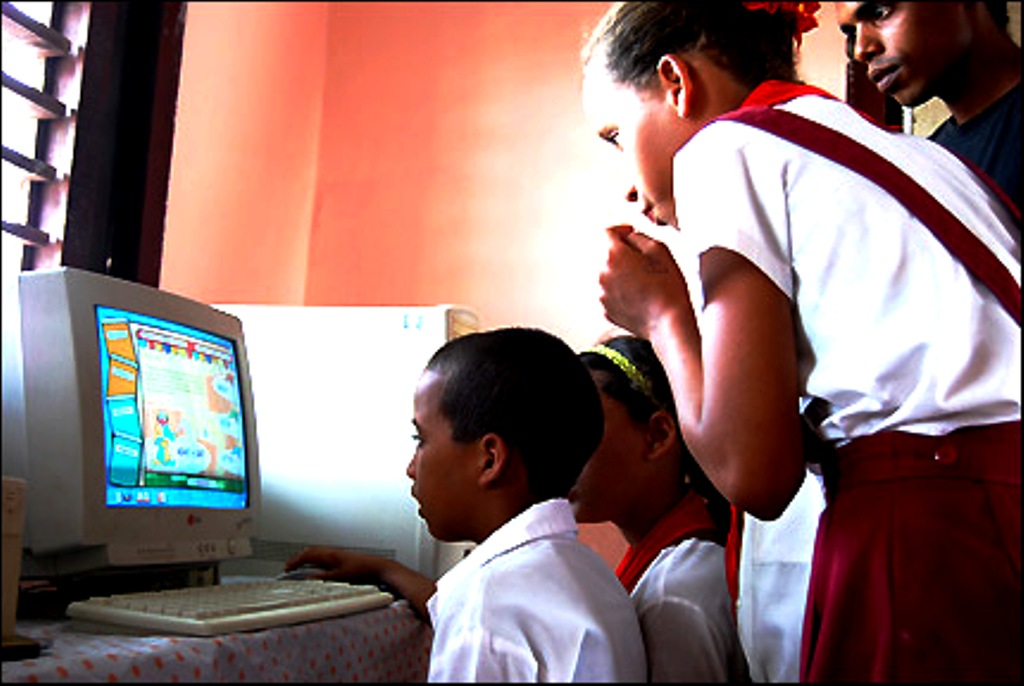The proceedings of the Association for the Study of the Cuban Economy’s 23rd Annual Meeting entitled “Reforming Cuba?” (August 1–3, 2013) is now available. The presentations have now been published by ASCE at http://www.ascecuba.org/.
The presentations are listed below and linked to their sources in the ASCE Web Site.
Panorama de las reformas económico-sociales y sus efectos en Cuba, Carmelo Mesa-Lago
Crítica a las reformas socioeconómicas raulistas, 2006–2013, Rolando H. Castañeda
Nuevo tratamiento jurídico-penal a empresarios extranjeros: ¿parte de las reformas en Cuba?, René Gómez Manzano
Reformas en Cuba: ¿La última utopía?, Emilio Morales
Potentials and Pitfalls of Cuba’s Move Toward Non-Agricultural Cooperatives, Archibald R. M. Ritter
Las reformas en Cuba: qué sigue, qué cambia, qué falta, Armando Chaguaceda and Marie Laure Geoffray
Cuba: ¿Hacia dónde van las “reformas”?, María C. Werlau
Resumen de las recomendaciones del panel sobre las medidas que debe adoptar Cuba para promover el crecimiento económico y nuevas oportunidades, Lorenzo L. Pérez
Immigration and Economics: Lessons for Policy, George J. Borjas
The Problem of Labor and the Construction of Socialism in Cuba: On Contradictions in the Reform of Cuba’s Regulations for Private Labor Cooperatives, Larry Catá Backer
Possible Electoral Systems in a Democratic Cuba, Daniel Buigas
The Legal Relations Between the U.S. and Cuba, Antonio R. Zamora
Cambios en la política migratoria del Gobierno cubano: ¿Nuevas reformas?, Laritza Diversent
The Venezuela Risks for PetroCaribe and Alba Countries, Gabriel Di Bella, Rafael Romeu and Andy Wolfe
Venezuela 2013: Situación y perspectivas socioeconómicas, ajustes insuficientes, Rolando H. Castañeda
Cuba: The Impact of Venezuela, Domingo Amuchástegui
Should the U.S. Lift the Cuban Embargo? Yes; It Already Has; and It Depends!, Roger R. Betancourt
Cuba External Debt and Finance in the Context of Limited Reforms, Luis R. Luis
Cuba, the Soviet Union, and Venezuela: A Tale of Dependence and Shock, Ernesto Hernández-Catá
Competitive Solidarity and the Political Economy of Invento, Roberto I. Armengol
The Fist of Lázaro is the Fist of His Generation: Lázaro Saavedra and New Cuban Art as Dissidence, Emily Snyder
La bipolaridad de la industria de la música cubana: La concepción del bien común y el aprovechamiento del mercado global, Jesse Friedman
Biohydrogen as an Alternative Energy Source for Cuba, Melissa Barona, Margarita Giraldo and Seth Marini
Cuba’s Prospects for a Military Oligarchy, Daniel I. Pedreira
Revolutions and their Aftermaths: Part One — Argentina’s Perón and Venezuela’s Chávez, Gary H. Maybarduk
Cuba’s Economic Policies: Growth, Development or Subsistence?, Jorge A. Sanguinetty
Cuba and Venezuela: Revolution and Reform, Silvia Pedraza and Carlos A. Romero Mercado
Mercado inmobiliario en Cuba: Una apertura a medias, Emilio Morales and Joseph Scarpaci
Estonia’s Post-Soviet Agricultural Reforms: Lessons for Cuba, Mario A. González-Corzo
Cuba Today: Walking New Roads? Roberto Veiga González
From Collision to Covenant: Challenges Faced by Cuba’s Future Leaders, Lenier González Mederos
Proyecto “DLíderes”, José Luis Leyva Cruz
Notes for the Cuban Transition, Antonio Rodiles and Alexis Jardines
Economistas y politólogos, blogueros y sociólogos: ¿Y quién habla de recursos naturales? Yociel Marrero Báez
Cambio cultural y actualización económica en Cuba: internet como espacio contencioso, Soren Triff
From Nada to Nauta: Internet Access and Cyber-Activism in A Changing Cuba, Ted A. Henken and Sjamme van de Voort
Technology Domestication, Cultural Public Sphere, and Popular Music in Contemporary Cuba, Nora Gámez Torres
Internet and Society in Cuba, Emily Parker
Poverty and the Effects on Aversive Social Control, Enrique S. Pumar
Cuba’s Long Tradition of Health Care Policies: Implications for Cuba and Other Nations, Rodolfo J. Stusser
A Century of Cuban Demographic Interactions and What They May Portend for the Future, Sergio Díaz-Briquets
The Rebirth of the Cuban Paladar: Is the Third Time the Charm? Ted A. Henken
Trabajo por cuenta propia en Cuba hoy: trabas y oportunidades, Karina Gálvez Chiú
Remesas de conocimiento, Juan Antonio Blanco
Diaspora Tourism: Performance and Impact of Nonresident Nationals on Cuba’s Tourism Sector, María Dolores Espino
The Path Taken by the Pharmaceutical Association of Cuba in Exile, Juan Luis Aguiar Muxella and Luis Ernesto Mejer Sarrá







